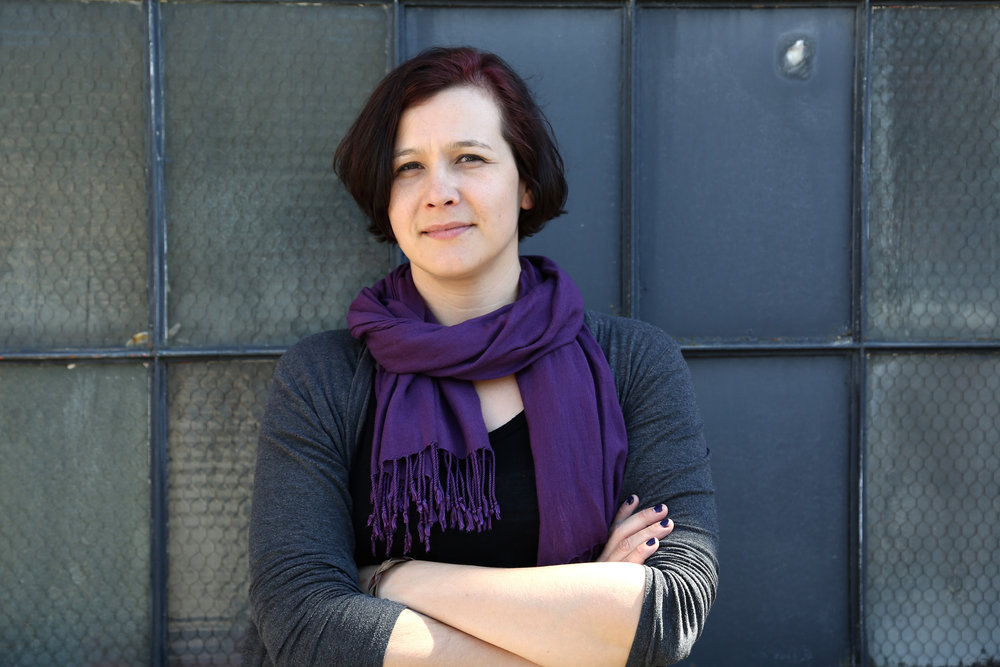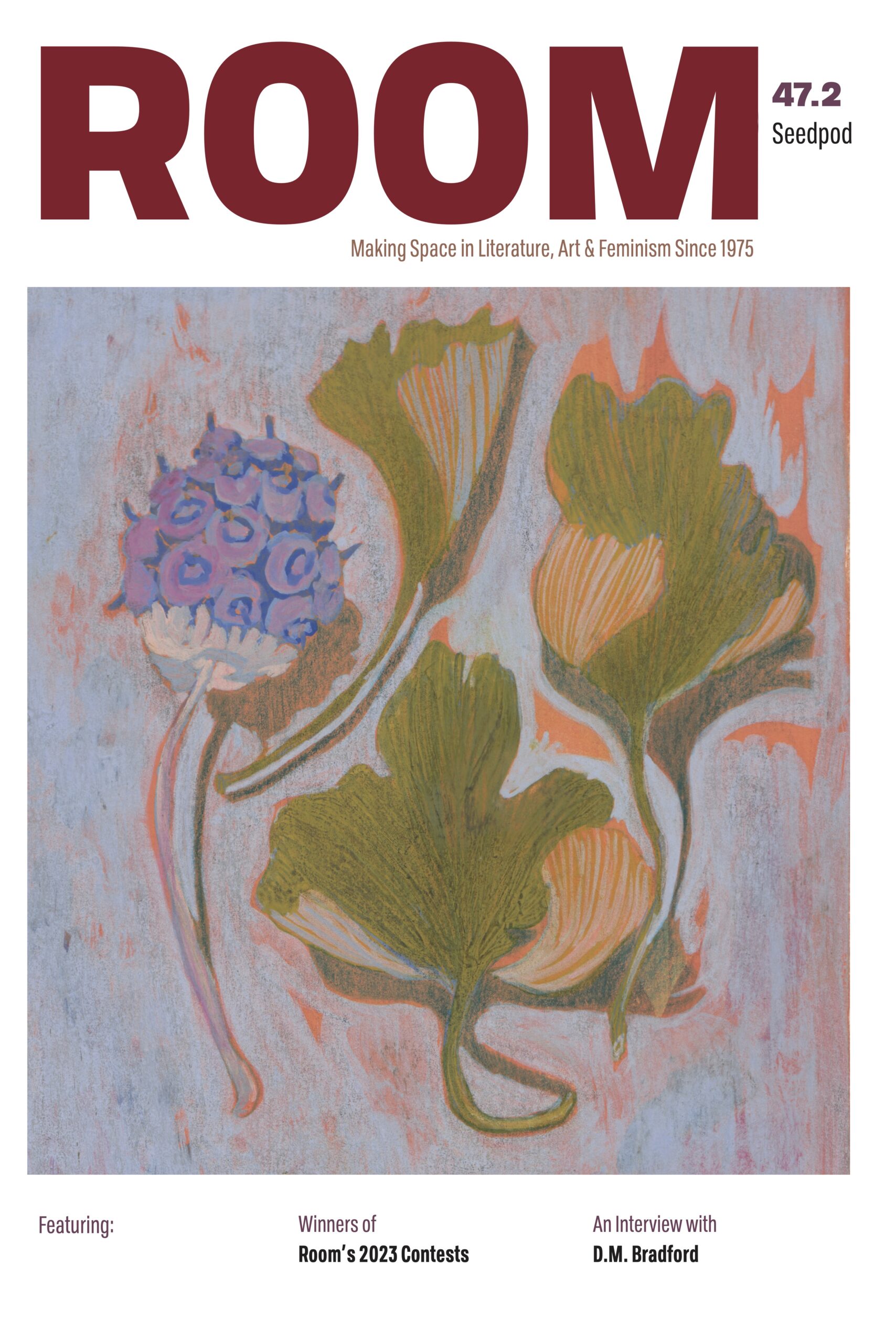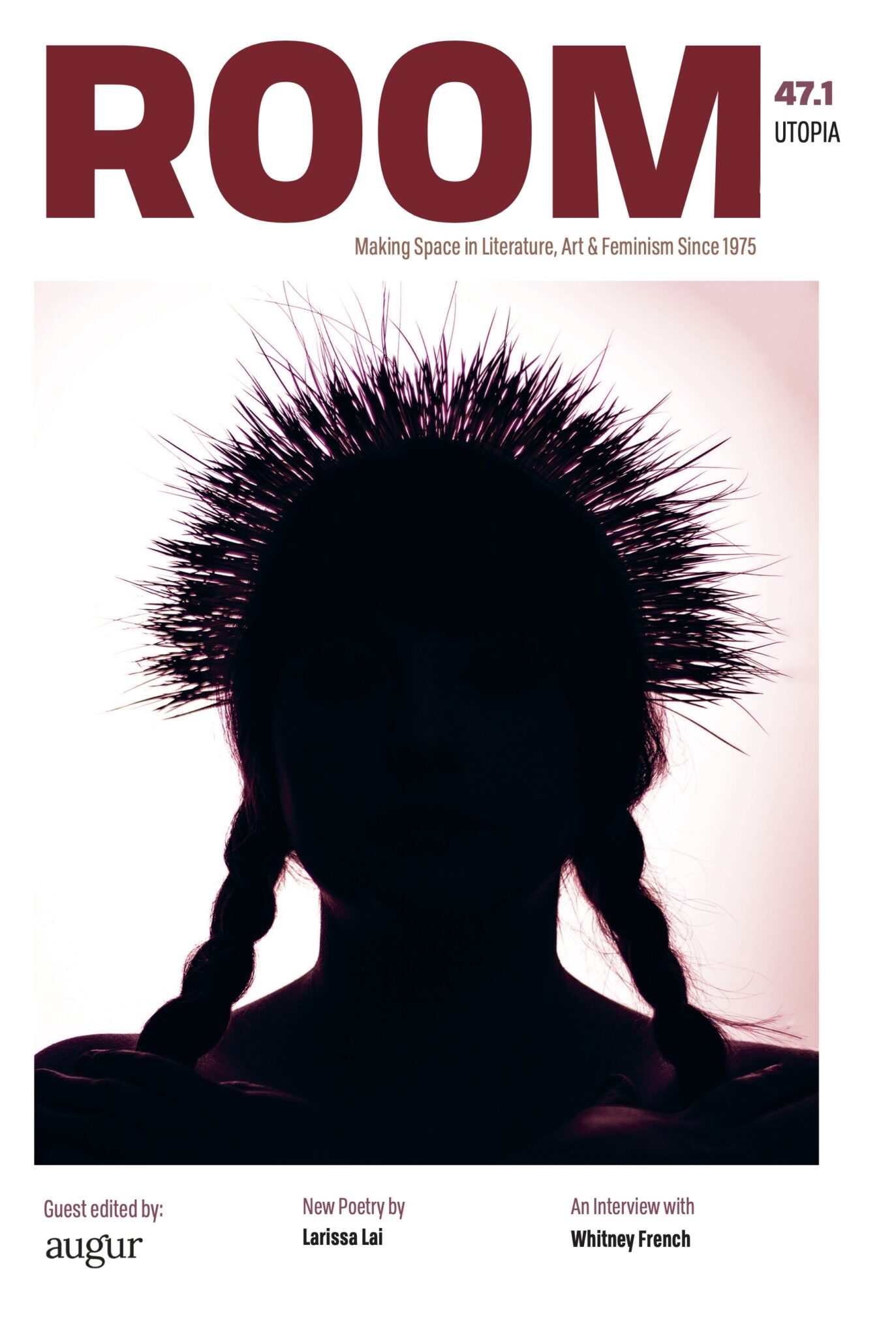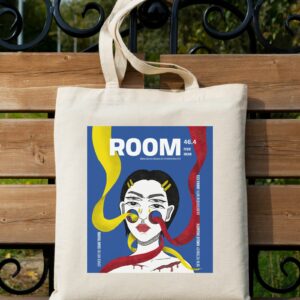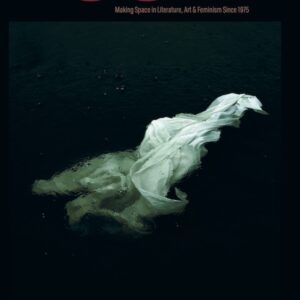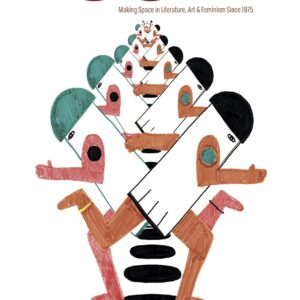Katherena Vermette is a Métis writer from Winnipeg, Manitoba. Her collection of poetry, North End Love Songs, won the 2013 Governor General’s Award for Poetry, and her debut novel The Break has won numerous awards and was a Canada Reads 2017 finalist. Most recently, she won the 2017 Canadian Screen Award for her documentary This River.
Katherena Vermette is a Métis writer from Winnipeg, Manitoba. Her collection of poetry, North End Love Songs, won the 2013 Governor General’s Award for Poetry, and her debut novel The Break has won numerous awards and was a Canada Reads 2017 finalist. Most recently, she won the 2017 Canadian Screen Award for her documentary This River.
Jessica Johns: First of all, congratulations on your documentary, This River, which won the 2017 Canadian Screen Best Short Award! It was so beautiful and moving. I don’t claim to really know a thing about film, but as a spectator, it was absolutely stunning. This film shows the Drag the Red movement, a group of volunteers who search the Red River in Winnipeg in hopes of finding missing and murdered Indigenous men and women from the community. Yourself and Kyle Kematch, the volunteer activist in the film, both have personal experiences of loves ones who have gone missing. On an emotional level, how difficult was this project?
Katherena Vermette: So difficult. On every level really, but emotionally, personally, it almost broke me. Film is very different from writing. You’re always working with others, collaborating, and that makes magic happen but also presents new challenges, especially for introverts like me. There were so many balls in the air—between the actual filming, lining up and taking care of those involved and being interviewed, as well as developing story and thinking of how it’s all going to look. That in itself was overwhelming, but the film was also about telling heartbreaking, gut-wrenching stories, one of which was one of my own. I had no idea it would be so hard. In addition, right after we wrapped, I started the last round of edits for the novel [The Break]. Those two projects were hard enough on their own, nevermind pushed so close together. I completely forgot to take care of myself in any way and totally burnt out. I definitely learned my lesson though, eventually and the not-at-all-recommended way. You have to make space for yourself with these kinds of projects especially. All sorts of unexpected things come up. There is no way around it. Glad to know that now. Wish I knew it then.
Also, I have to say that I take no credit for how beautiful the film looks—that’s all Iris Ng, our cinematographer. She has an amazing eye.
JJ: In your work, you juxtapose weighty and real moments alongside the banal. For example, in This River, while the men are looking for missing bodies in the river, the shot pans back, so we also see a couple with a baby stroller walking across the bridge above them. Similarly in The Break, Paul, Lou, and Stella walk into the room where Elsie is being raped, and the scene description includes the men in the room drinking and having casual conversation. What was your intention with these juxtapositions?
KV: Thanks for mentioning that shot of the baby stroller. It was my favourite and I had to fight for it—going to go pass along some I told-you-sos now!
Somewhere in the juxtaposition is where I live! I don’t necessarily position things on purpose all the time, but I am drawn to how the profound moments are held in the seemingly mundane. This is where we all live, really. Life looks pretty ordinary but that’s also where all our big stuff happens—good and bad. For the Elsie scene, I was thinking about how even horrid, despicable things happen in regular spaces. It’s not like the movies where violence is foreshadowed by scary music, shaded lighting or slow motion. In life, these things can feel less climactic, and sometimes it’s not until after that we can register the full meaning of what happened. For the baby stroller/Kyle and Calvin shot, that was about how this amazing action was happening right there, filled with so much strength and beauty, but at the same time, it was all going on completely unnoticed. I love that kind of stuff. I think the most beautiful things are the ones we don’t even notice half the time.
JJ: North End Love Songs, your poetry collection, The Break, your debut novel, and This River are all set in your hometown of Winnipeg. The river is even mentioned in North End Love Songs. Winnipeg seems to be more than just a setting, but rather a fully functioning character in each of these works. Did you have to overcome any anxieties to be able to write about a place and community with which you have such an intimate connection?
KV: No, the setting didn’t give me anxiety per se. Trying to portray the weighty subjects and give due justice to the characters kept me up at night, but the setting was easy for me. On one hand, it was home, so it was comfortable and familiar. But also, I was keenly aware that my version of that home was and always will be very particular to my worldview and set of experiences. In the end, that version is only a very small part of many long, varied histories of a real place and only a fraction of what that place is all about. My north end is very different than someone else’s north end. It is more of a character. Things change when they are portrayed artistically. In writing, no matter how true to life you try to be, things become fictionalized, symbolized, and really say more about the writer than they ever do about the subject, I think.
JJ: In The Break, I noticed a recurring pattern of reticence among the female characters, who share a refusal to fully give in to emotion, whether it be good or bad. They live at the edge of vulnerability, the edge of happiness, the edge of sadness. What was it like to live with such complex characters for so long? Were you ever tempted to just let them break down?
KV: I definitely lived with all of them for a very long time. They became like family, which is nice, because I always had family around, but also kind of crazy because, well, I made them up and they live in my head. I had a different relationship with everyone. Some, like Phoenix, were very complicated relationships, but most were pretty easy to love. I wanted them to have peace and good times, but this story wasn’t about that. It was about surviving the worse circumstances. So basically, I made up some cool people, tore their lives apart and stitched them back together again. Writers are such sadistic assholes.
I knew they were never going to break down, not in the duration of this story anyway. The story is all on super tight timeline of a family in deep distress, and in that deep sort of crisis, people don’t have time to break down. They have to work, and this family is working, so very hard. They are taking care of each other, and themselves, the best way they know how. I’d like to think they move on from all this and get some long years of peace and love, with good tears and catharsis. I hope so.
JJ: Reciprocity is also a recurring element in The Break. For example, when the character of Tommy is talking to his mom, who shares a story with him about her life, Tommy consciously thinks about a story he can give back to her. How much intention do you give to reciprocity? By extension, do you feel that writing is an act of reciprocity?
KV: I think writing is a conversation – one I have with not only readers but also with writers who have come before me. When I wrote the poetry book [North End Love Songs], my friend Duncan told me that my first book had to be about me introducing myself. As Indigenous people, we introduce ourselves by where we are from first. To know something about where I come from is to know something about me, so that’s what I did. I think that’s what most writers do with their first books, but Indigenous writers seem to do so very deliberately. The novel [The Break] was the continuation of that conversation. I am talking about something else, but still it’s only me, doing the best I can to articulate an idea and some symbolism about something that is dear to me.
JJ: North End Love Songs, The Break, and This River have all been put out into the world and received wide acclaim and readership, such as winning the Governor General’s Award for Poetry (North End Love Songs), a nomination for the Governor General’s Award for Fiction (The Break), and the Canadian Screen Award for Best Short (This River). But before this, how did you deal with setbacks, whether it was rejections or creatively stagnant times, with your writing?
KV: The last few years have been a crazy trip. I never expected any of this and am incredibly grateful for so much love and attention, even though so much of it is not exactly in my comfort zone. Before this, I was the same but I was a single mom, grad student, living in housing, and trying to be my best self (still trying to be my best self, I hope). I worked at writing for a long time. I went to a lot of classes, groups, and made a lot of submissions that never got in. Rejection is hard. It took me a long time to “find my voice” and it’s never easy to try your best and have someone say they don’t think you’re ready yet. But in a lot of ways I wasn’t. I needed to polish and hone skills. I really needed to get out there and do a lot of poetry gigs and readings, and get comfortable being in front of an audience—something I really didn’t want to do but it really makes the work better. I did get some great criticism that helped me grow and met some wonderful teachers who changed my life. I also endured some asinine comments, ignorant questions, was told I was only ever going to be a “niche writer,” that my work was “too rezzy,” and that I limited myself by what I was choosing to write about. But that’s ok, one learns from assholes too. I really learned to know the difference between what I was willing to change and edit, and what I was going to fight for, and that’s something every writer should learn before they go out into the world.
JJ: Lastly, what’s one question you always wish you were asked in interviews?
KV: Gosh, I don’t know. These were all pretty great, meaty questions and I enjoyed them, thank you.
We are so excited to feature new work by Katherena Vermette in our summer 2018 issue. If you want to see your work alongside this amazing writer, the call for submissions for issue 41.2 is open until October 31st!
